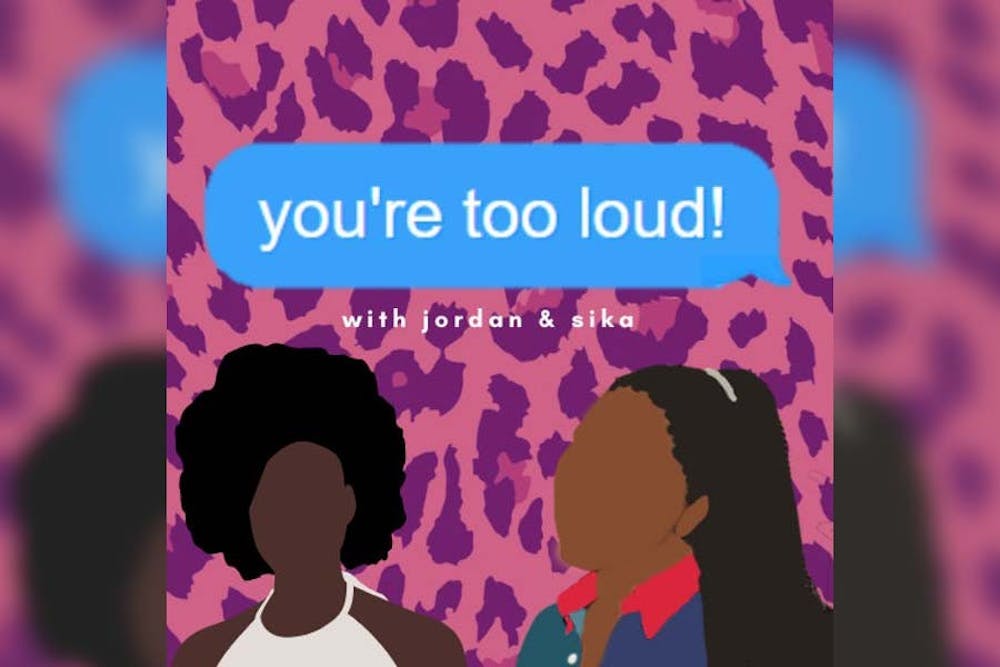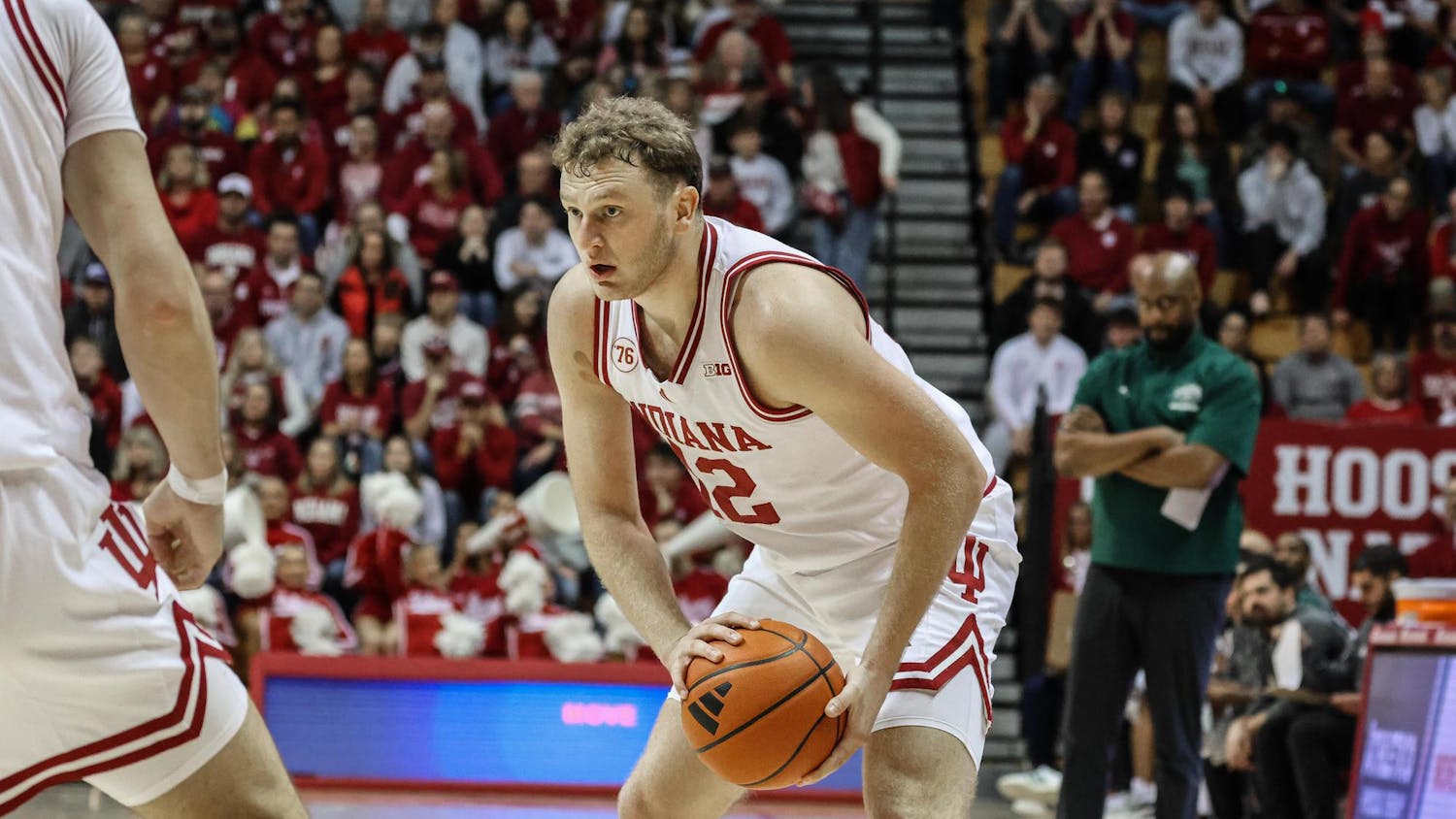As young Black women, IU seniors Jordan Davis and Sika Kodzi were always told they were too much, too aggressive, too opinionated and too loud.
During the pandemic as the nation faced racial injustice and inequality, Davis and Kodzi were encouraged by friends and family members to start a podcast to elevate the voices of Black youth.
Davis and Kodzi created the podcast, “You're Too Loud” so every #tooloudTuesday listeners have the opportunity to hear them dissect topics such as racist microaggressions and misogyny. They even talk about topics such as Beyoncé and pop culture.
I have been a long-time listener of the podcast, and I enjoy listening to Davis and Kodzi offer humorous anecdotes, dive into racial disparities and inequalities, and turn day-to-day topics into comedic gold.
I recently talked with both hosts about the show, their inspirations, and how they manage to maintain a podcast and school.
IDS: What encouraged you to start the podcast?
Davis: We were at home during the pandemic and bored so we decided to go live on Instagram to share our opinions about the current state of our country. During and after the live show, we received a lot of messages suggesting we start a podcast. Without really thinking about it, we just did it because as Black women we wanted to create a space for other Black women to talk about any and everything without being politicized or scrutinized.
IDS: What do you believe makes your podcast different from other ones?
Davis: We aren't afraid to be our authentic selves. When we turn on the microphone, my mom is always telling me to remember the microphone is on. But we don’t switch up how we talk. The way we sound on FaceTime is the way we sound on podcasts, and I think people can see through fakeness and appreciate our authenticity.
IDS: What do you hope to leave your listeners with after listening to your podcast?
Kodzi: I want them to leave feeling joyful and positive about the topics we discuss. Even though at the end of the day we are just two people talking to each other, we are trying to help facilitate a group conversation about difficult topics. We hope listeners are energized and encouraged to talk with their families and friends about topics such as microaggressions and cultural appropriation.
Davis: There were so many times when we were growing up we did not feel seen and heard in the spaces we were in. We want our listeners, especially Black women to feel heard and listened to and feel as though their voice matters.
IDS: As you guys are approaching graduation, what does the future of the podcast look like?
Kodzi: Even though we are both going into corporate careers after graduation, the podcast is something we want to continue because it brings us and our listeners joy. A while ago we received a message from a teenager in Nigeria, and she told us how much we inspired her to create a space to voice her own opinions. That's something we wish to continue in the future.






